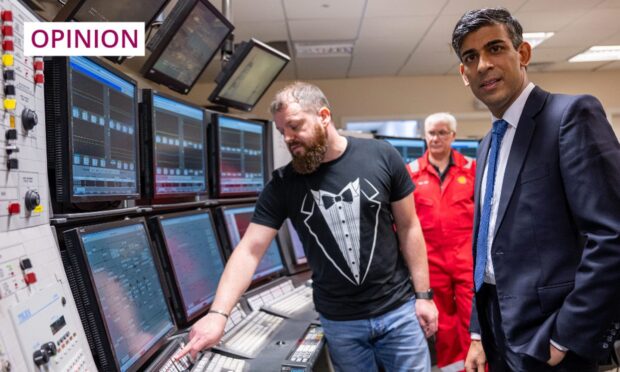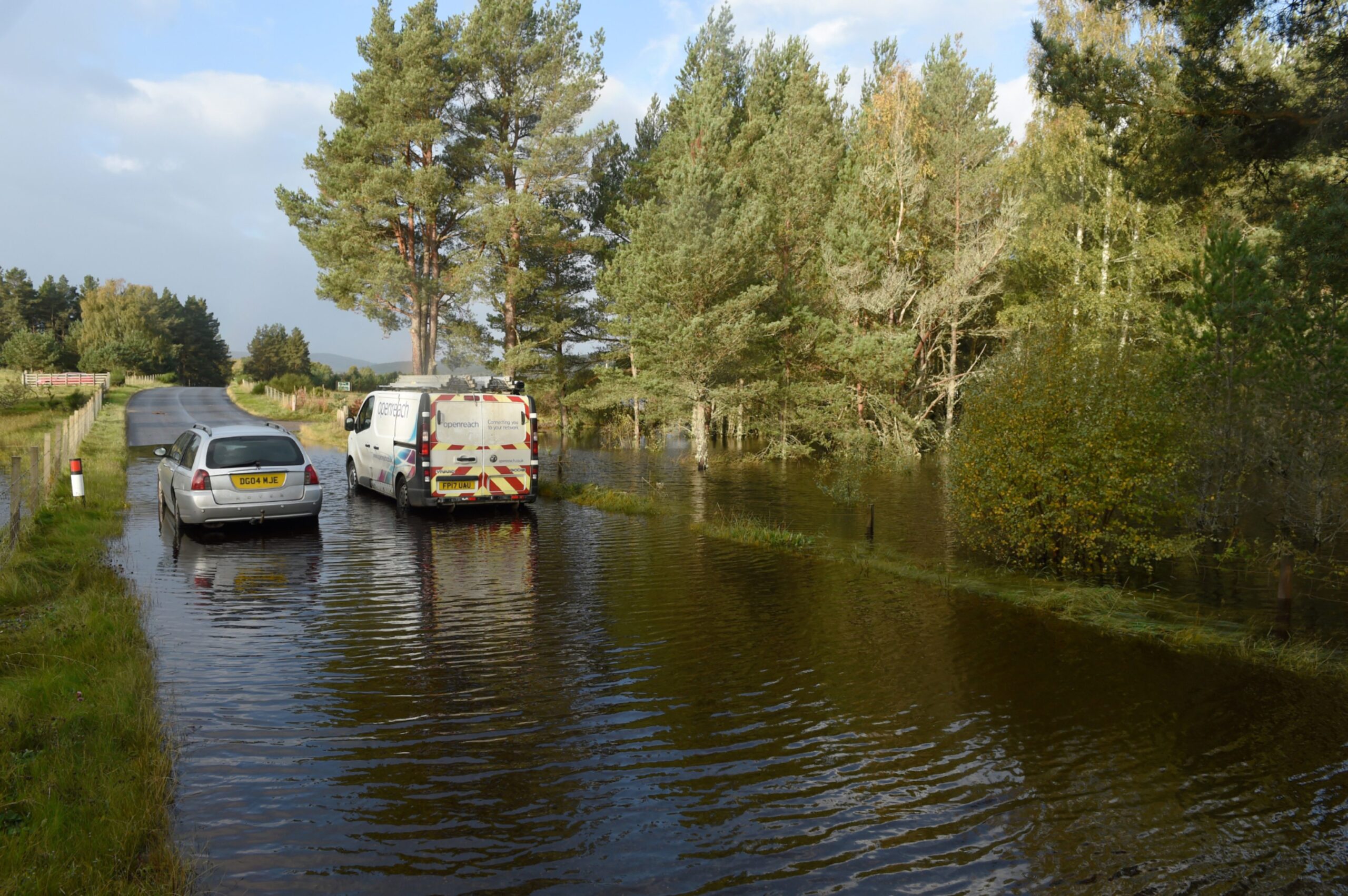No moral case seems strong enough to compel us all to slow global warming as a society.
There is no moral bridge connecting the UN’s sustainable development goals and the private sector, however enthusiastic about ESG compliance some companies might be.
Massive weather events or catastrophes, such as wildfires and the recent flooding across Scotland, that cause significant damage to farmland and affect urban areas, human health and lives are too often set aside as newsworthy accidents of geography.
Progress is only possible by making a business case for a proactive climate policy, because ideological and existential predictions are often dismissed as eccentric, exaggerated, and politically motivated. So, here’s the business case.
According to the National Institute of Building Sciences, based in the US, one unit of currency invested in disaster mitigation saves society six times that value. There’s a four-to-one benefit when construction exceeds the International Code Council’s 2015 model building codes. This means costing carbon into construction and creating net-zero designs for homes and offices that maximise public health and safety whilst safeguarding against environmental hazards.
Think insulation, think wind preparedness, and flood-proofing. Think insurability, and think returning to home, school or work after a disaster, versus the prospect of rebuilding or never being able to return.
Replacing fossil-fuelled heating with an air source heat pump creates a positive return on investment after only five years (not even counting the carbon cost) and, over a 20-year life span, saves a family thousands, or a business millions.
Even a modest survey of such facts and observation of scenarios across the planet reveals that the UK Government’s rollback of climate policy is not only ludicrous, it’s dangerous.
The proposed delay to phasing out new fossil fuel-guzzling cars and boilers another five years (until 2035) might be in line with other European countries, but even with our post-Brexit desire to rejoin our economic friends, can we define a more aggressive pathway? Can we lead the multinational effort to decarbonise?
That future state of bliss in 2050, when we’ll supposedly reach net-zero nirvana, isn’t automatic. That future state leaves no room for missteps, momentary or otherwise, yet it certainly leaves ample room for leadership – today. Now.
We have to stop kicking the can down the road
As the dean of a school of architecture in Aberdeen – ground zero, in many ways, for the energy transition at the heart of this 2035 proposal – I can tell you that the future is what we make of it today, not what we hope it will become tomorrow by being “pragmatic, proportionate and realistic”, in Prime Minister Sunak’s words.
The expression “kicking the can down the road” doesn’t even come close to describing what we are doing to the next generation, some of whom we instruct as architects and builders to create – against all odds – healthy environments.
This great energy transition is much bigger than you, or me, or any of my students. Yet, it is a transition that will not happen without individual leadership
Our energy sector can and should evolve. Not just to meet net-zero ambitions, but also to ensure we build a more sustainable future for all. The UK only has a “Goldilocks zone” between 2024 and 2028 in which to sustain, develop and invest in the transferability of the offshore energy workforce into renewables. Only if we invest in forward-looking net zero and green capital projects can we safeguard jobs and, by doing so, build a more equal, stable society, with cheaper bills and healthier cities freed of pollution.
To design and build for a world dominated by fossil fuels in a place that has always existed at the heart of the industrial revolution is to realise one thing: this great energy transition is much bigger than you, or me, or any of my students. Yet, it is a transition that will not happen without individual leadership.
Optimism and courage trump cynicism
The Scottish Government’s energy strategy and just transition plan was due to be published in spring 2022, but has been pushed back to next summer, almost two years late. We need clearer direction on a “net zero energy system” that can spell out how we will produce affordable, secure and clean energy whilst creating jobs across the country.
One of the things we teach at RGU’s school of architecture and built environment is that citizenship is a membership. It is also a mandate for action.
As citizens, architects and builders, we must continue to do the elemental work that empathy, courage, and critical thinking represent – the tenets of designing environments, as we do, for other people to live, work, learn and play in – so that we may fulfil the essential belief that society is, indeed, a hopeful place.
Not a cynical place full of pragmatism and proportion, expecting the worst and mitigating risk, but rather an optimistic one, full of courage and determination.
And I cannot think of a time in recent memory that has required as much courage and determination than right now, during a year that has seen the warmest temperatures ever recorded on this planet.
My students know that strengthening our commitment to green policies, not weakening them, demonstrates quantifiable and qualitative societal, healthy and economic benefits, whatever our ideological stance.
Peter Exley is professor and dean at Scott Sutherland School of Architecture and Built Environment, Robert Gordon University, as well as former president of the American Institute of Architects



Conversation